Biography
(No Information)
Filmography
all 7
Movies 7
self 6
Information
Known ForActing
GenderMale
Birthday1860-03-19
Deathday1925-07-26 (65 years old)
Birth PlaceSalem, United States
ReligionChristianity
ChildrenGrace Bryan Hargreaves, William Jennings Bryan Jr., Ruth Bryan Owen
FatherSilas Bryan
MotherMariah Jennings Bryan
SiblingsCharles W. Bryan, Mary Elizabeth Bryan, Frances Mariah Bryan
CitizenshipsUnited States
ResidencesVilla Serena · William Jennings Bryan House · William Jennings Bryan Boyhood Home, United States of America
Also Known AsWilliam J. Bryan, W. J. Bryan, William Bryan
AwardsHonorary doctorate of the University of Florida
This article uses material from Wikipedia.
Last updated:
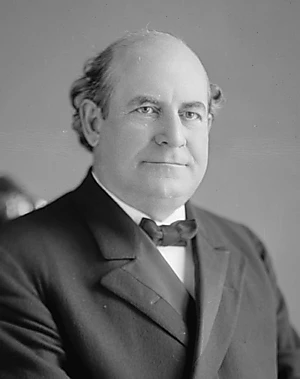 William Jennings Bryan
William Jennings Bryan- Filmography
- Information
- Related Persons
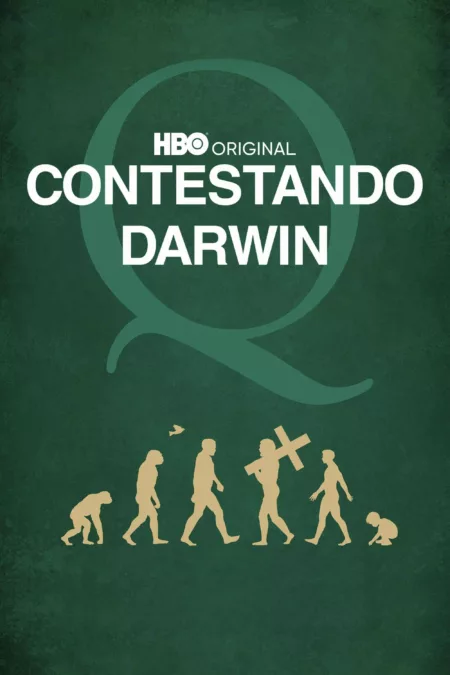

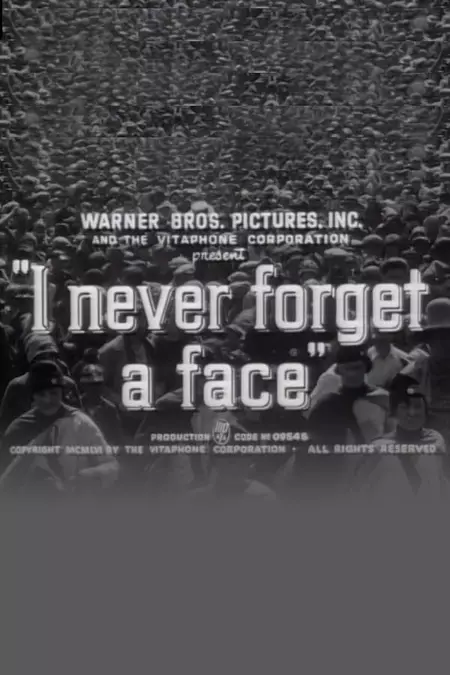
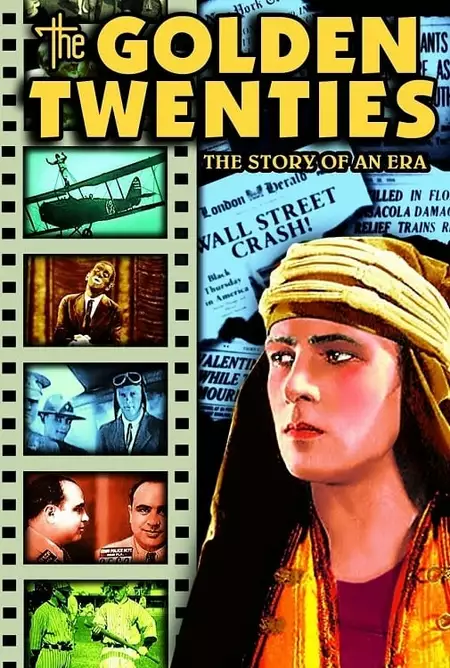
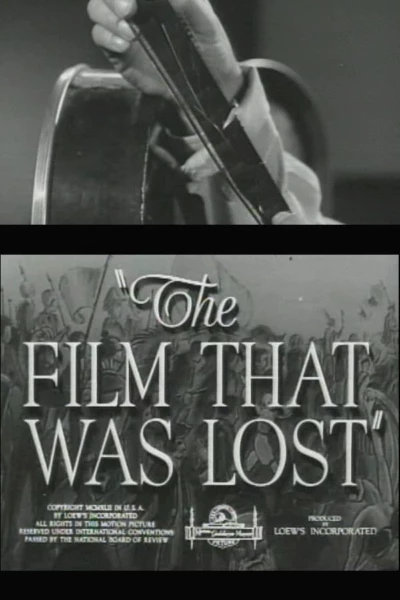


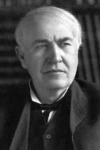
 ,
,